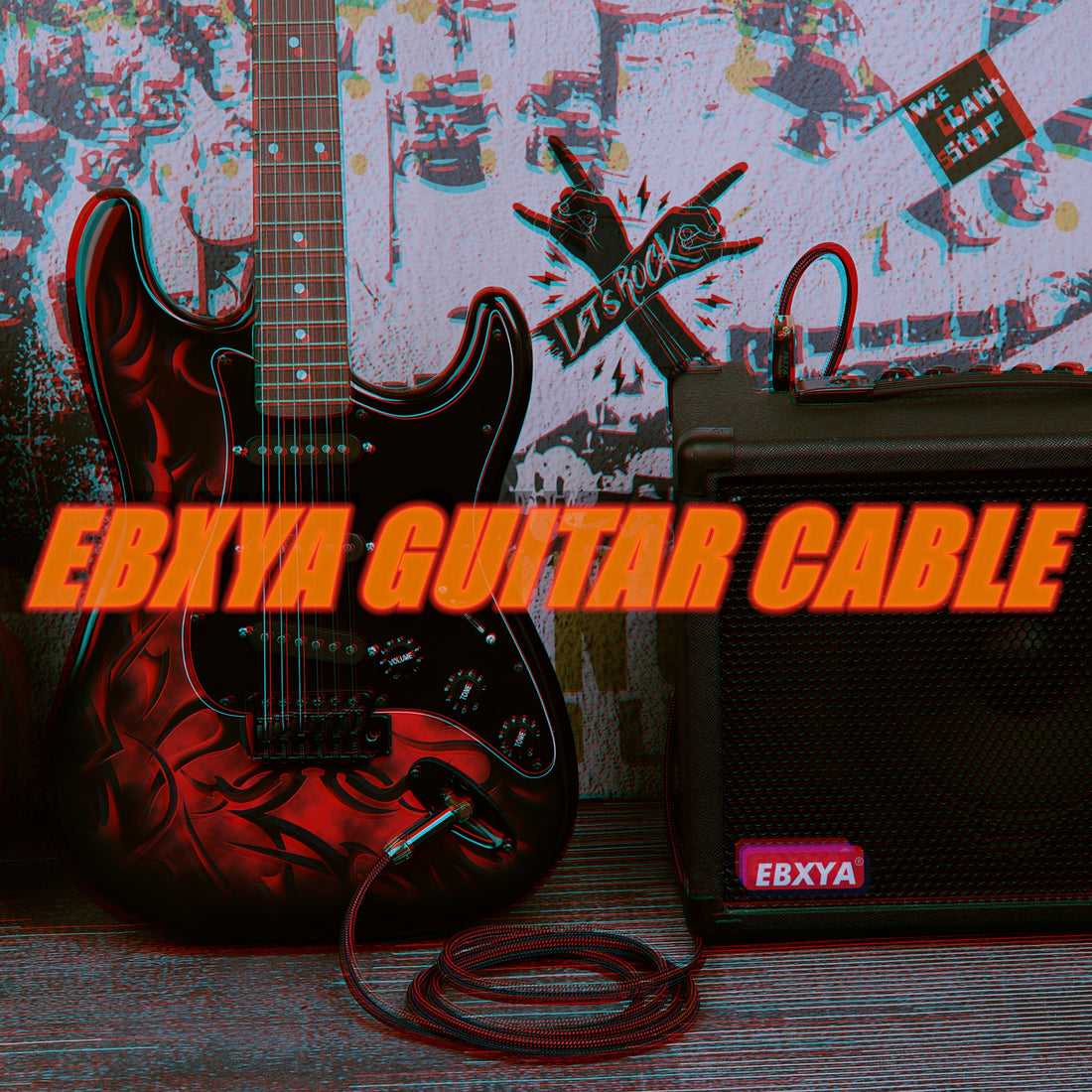
Guitar Cable to Amp: Choosing the Right Connection for Optimal Sound Quality
Share
Introduction: As a seller of musical instrument accessories, I often encounter guitarists asking about how to choose the right guitar cable to achieve the best sound quality. In this article, I will explore the impact of guitar cables on sound quality and provide some recommendations to help you select the appropriate guitar cable for connecting to your amplifier.
Whether you are an amateur guitarist or a professional musician, selecting the right guitar cable is crucial for achieving the best sound quality. The guitar cable is a critical component that connects your guitar to the amplifier, and its quality and characteristics can significantly influence the tone. Here are some important factors to consider when choosing a guitar cable:
Signal Transmission Quality: A good guitar cable should accurately transmit the guitar signal without losing any details or frequencies. This requires a high-quality conductor and effective shielding to prevent signal interference. Choosing a cable with high-purity copper conductors and efficient shielding ensures the integrity of the signal transmission, thereby enhancing the sound quality.
Length and Thickness: The length and thickness of the cable are also important factors that affect sound quality. Generally, the longer the cable, the more signal loss occurs. Therefore, it is advisable to choose an appropriate length cable to avoid compromising signal quality. Additionally, thicker cables can reduce resistance and provide better signal transmission, thus improving sound quality.
Connector Quality: Connectors are crucial components that connect the guitar and the amplifier. They should be sturdy and durable to ensure a stable connection and minimize signal interference. Metal connectors are more reliable than plastic ones and provide better contact performance. Additionally, pay attention to the quality of the soldering in the connectors, as high-quality soldering can enhance the reliability of signal transmission.
Electromagnetic Interference: In live performances, electromagnetic interference can have a negative impact on sound quality. Avoid placing the cable too close to power lines or other electronic devices to reduce electromagnetic interference. Choosing a cable with effective shielding can help minimize the impact of external interference, resulting in clearer sound quality.
Conclusion:
Choosing the right guitar cable is essential for achieving optimal sound quality. By considering factors such as signal transmission quality, length and thickness, connector quality, and electromagnetic interference, you can make an informed decision and enhance your overall guitar playing experience. Invest in a high-quality guitar cable that suits your needs and enjoy improved sound performance.
